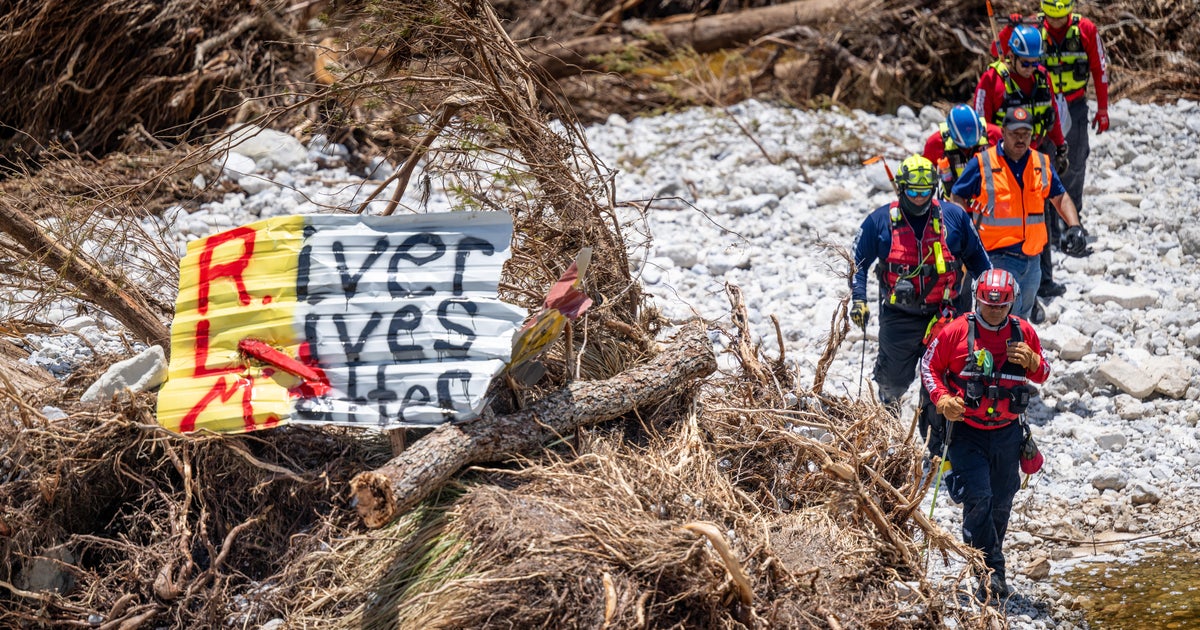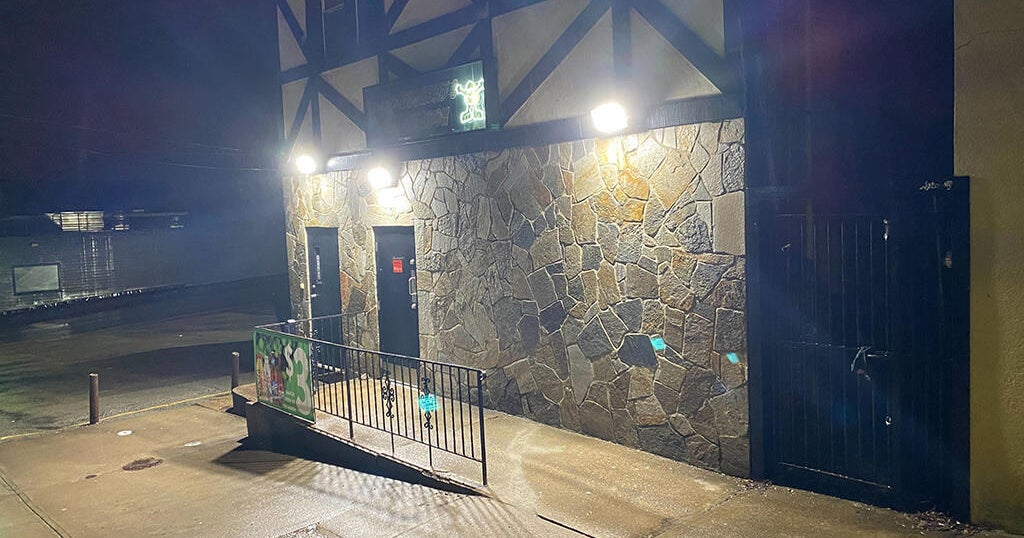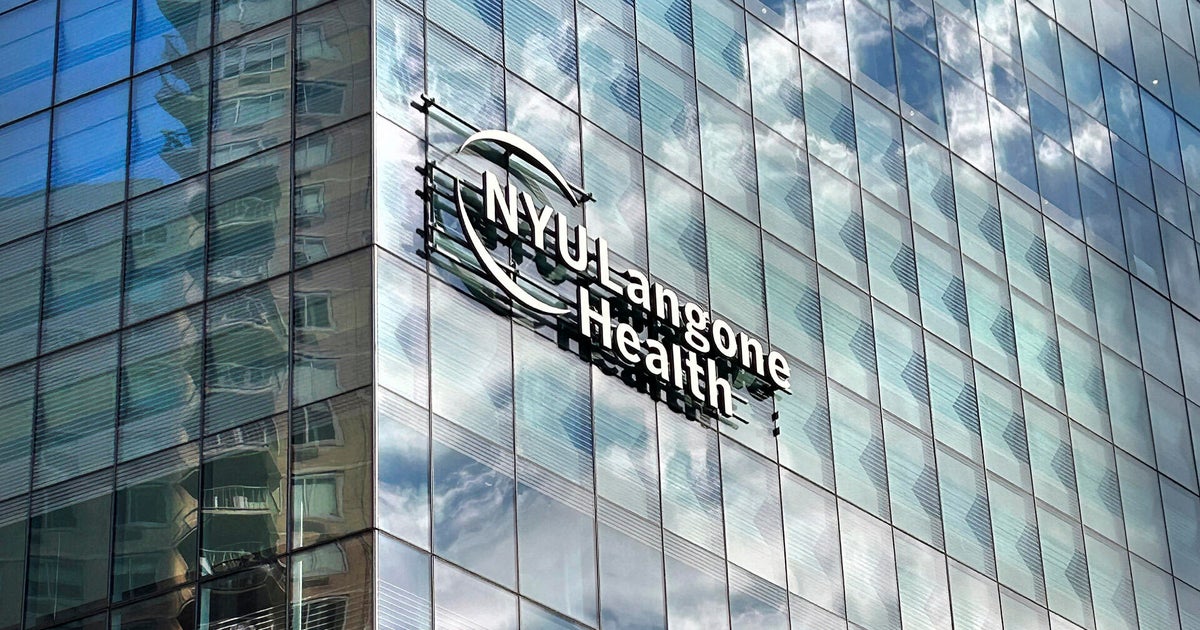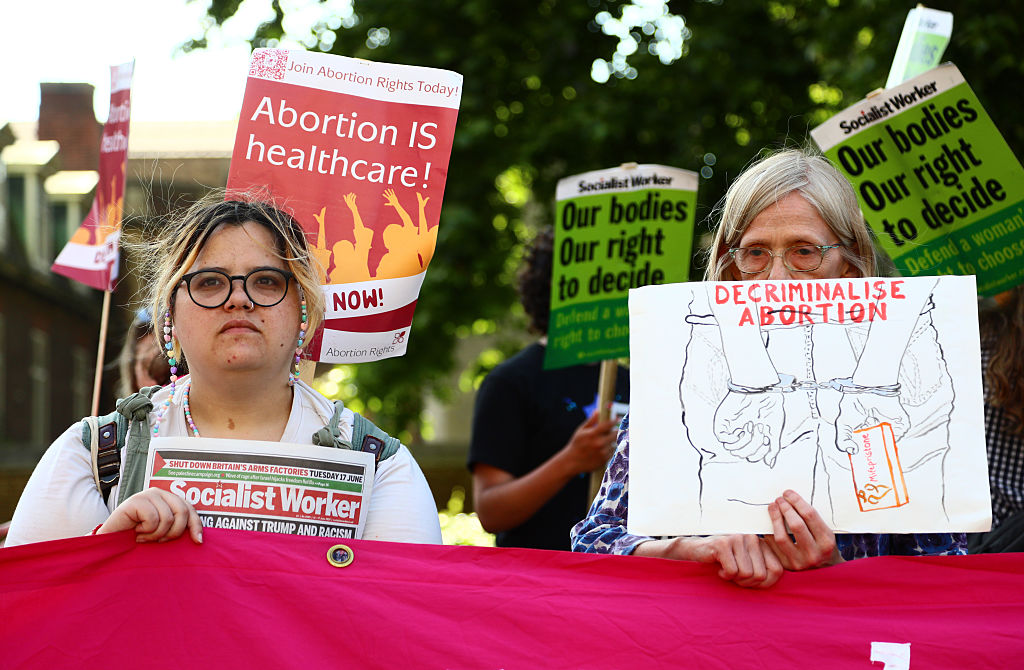In Mississippi, abortion rights supporters worry Roe v. Wade ruling will put women's lives at risk
Days after the Supreme Court's decision to overturn Roe v. Wade, the Mississippi abortion clinic at the heart of that ruling remains open — for now. But volunteers who have for years escorted women past protesters and into the facility in Jackson worry that its closure could put women's lives at risk as they lose access to a wide range of essential health services.
The clinic, known as The Pink House and the only abortion provider in the state, expanded its hours over the weekend to see extra patients before the state attorney general orders it closed following last week's landmark abortion ruling. Dorinda Hancock and her volunteer group, The Pink Defenders, said they will be there until the clinic closes its doors for good.
"All we have been through here will always be a part of our lives. The patients that we've seen and that we've been able to give a little comfort to," she told CBS News political correspondent Caitlin Huey-Burns.
That state's law banning abortions after 15 weeks of pregnancy had been declared unconstitutional by lower courts — until the Supreme Court ruled on Friday.
Most of the states around Mississippi are also banning abortions. Women seeking the procedure will have to either fly or drive long distances. It's also unclear whether there will be additional restrictions on ordering abortion pills delivered by mail.
Getty Israel, who founded Sisters in Birth, a nonprofit community health organization serving pregnant women in Jackson, said the state is not prepared for the consequences.
"Mississippi is one of the top four states with the highest rate of young women who are uninsured — the same young women who don't have access to reproductive care, namely contraception," Israel said.
"And now she's pregnant and she's going to present with risk factors like obesity, prehypertension, prediabetes. She's more likely to raise that baby in poverty," she said.
In the Mississippi Delta, one of the poorest places in the nation, some counties are without a single obstetrician or pediatrician. Already, expectant mothers either don't have access to medical professionals or must drive hours.
"The thing that's going to keep me up at night is the women who will lose their lives because they don't have access to care," said Waikinya Clanton, director of the Southern Poverty Law Center in Jackson.
Clanton sees this as a call to action.
"We will not back down. The people here, particularly the women here in Mississippi, are primed for this moment," Clanton said.
But in a state with the highest rates of infant mortality, low birth weight and young child poverty, Israel said the federal and local governments need to step up. For children, the situation is like "a ditch," she said.
"Put the mother in the ditch, put a child in the ditch with her. Now add another one and cover it with dirt," Israel said. "That's what we're dealing with."



